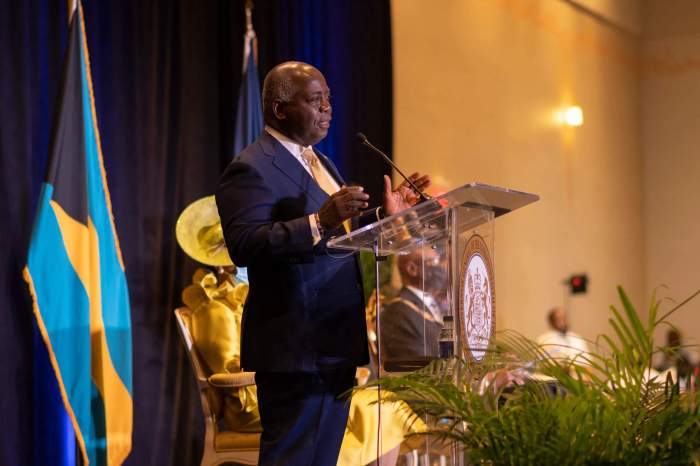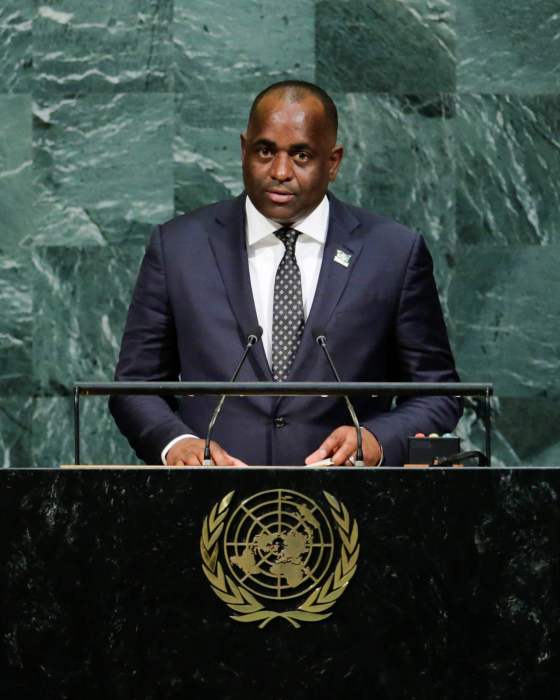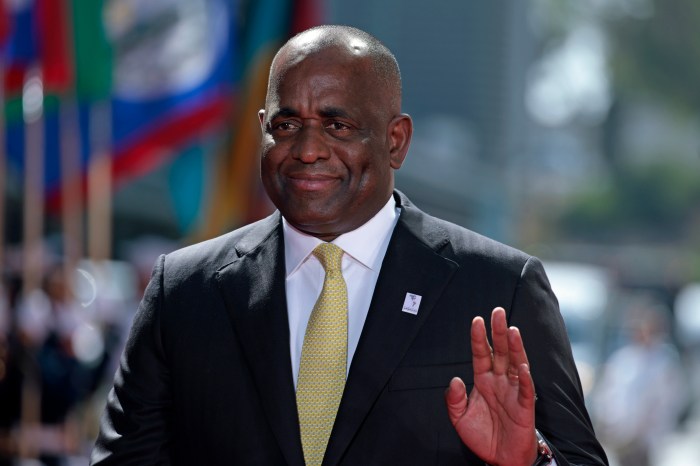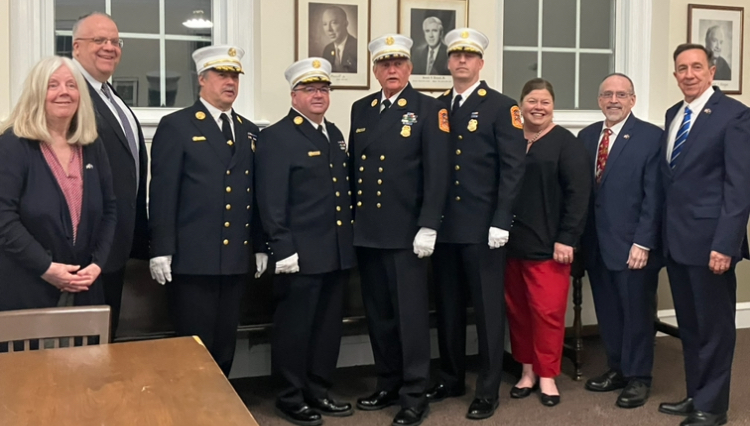Caribbean Community nations this week rallied behind a plan from President Joe Biden for peace between the Israelis and the Palestinians especially because it calls for a ceasefire and reconstruction of homes, buildings and infrastructure destroyed by Israelis bombs.
The 15-nation body said in a late Monday statement that it wants lasting peace between the two sides and this can be achieved through a two-state solution that encourages human rights, dignity and security.
“CARICOM has been calling for all parties to commit to a peaceful resolution of the Israel-Hamas conflict through meaningful dialogue and negotiation,” the bloc said, noting that it “endorses the three-phase approach starting with a full and complete ceasefire in phase one, a six-week period of withdrawal of Israeli troops from Gaza, the release of some hostages, the return of Palestinians to their homes and the provision of humanitarian aid. Phase two would see the release of all remaining hostages, exchange of prisoners and the ceasefire becoming the cessation of hostilities permanently. Phase three would be a major reconstruction of Gaza,” it noted. It also demanded an unconditional end to all hostilities and unimpeded humanitarian assistance for those affected by several months of war.
The statement comes just weeks after the bloc had proudly announced that all 14 of the 15 independent nations in the grouping had recognized Palestine as a state, noting that the proposed two-state solution would fit snugly into this concept.
Barbados, Jamaica, Trinidad and The Bahamas all completed the process of recognizing Palestine between mid-April and early May of this year as the war raged on and as a growing number of nations were supporting the two-state solution.
And more than a decade ago, Antigua, Belize, Dominica, Guyana, St. Vincent and Suriname had all recognized the Palestinian state. They were later joined by Grenada, Haiti, St. Lucia and St. Kitts.
In a recent column, Sir Ronald Sanders, Antigua’s Ambassador to the US said many nations in the region had been influenced into supporting Palestine because of the tendency of the US to oppose recognition of Palestine at the United Nations. They went the other way.
“To be clear, the decision of the 10 CARICOM countries to recognize Palestine was not antisemitic then, nor is it now. All 14 CARICOM countries have maintained continuous diplomatic relations with Israel. For instance, Haiti recognized the State of Israel in 1949 after supporting the UN’s 1947 partition plan that led to the creation of Israel. Before recognizing Palestine as a State, these Caribbean nations not only maintained diplomatic relations with Israel but also consistently supported a two-state solution. They advocated for Israel and Palestine to exist as neighboring states within mutually agreed boundaries,” he argued.























